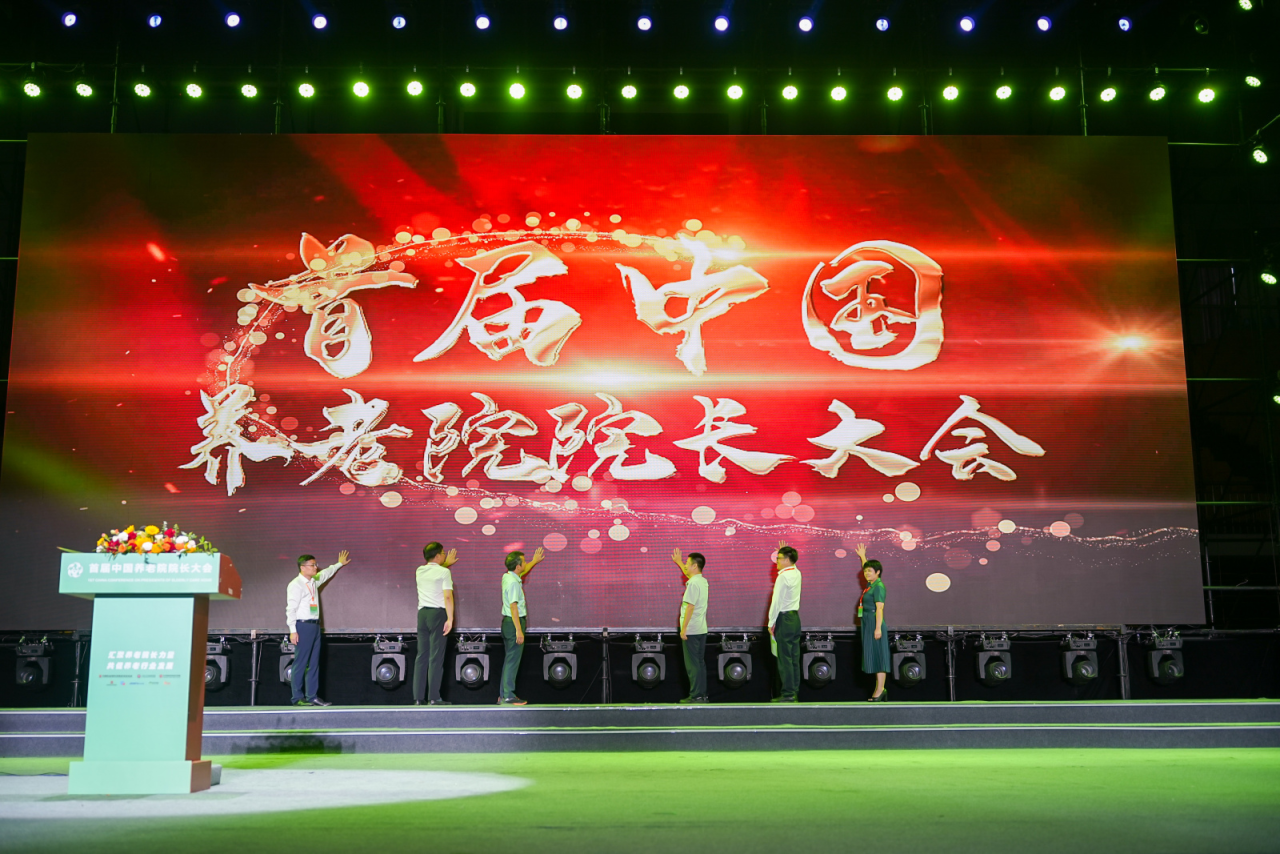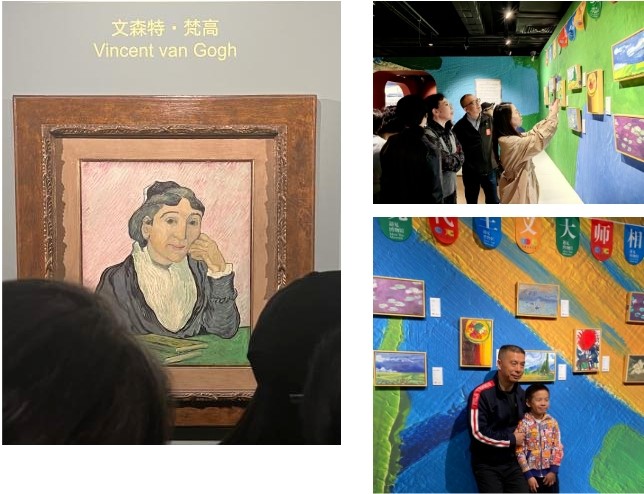
From 21 to 23 September 2024, the inaugural China Nursing Home Directors Conference was held in Changsha, Hunan Province. The event was co-hosted by the China Association of Social, Welfare and Senior Service (CASWSS) and Fudan Institute on Aging, and organised by Changsha Social Work College.
The Education Foundation of the Open University of China (OUC) was invited to attend and officially launched the "Huiling Seniors’ Culture Hub" public welfare project during the unveiling ceremony of the Cultural Elderly Care Branch of the CASWSS.


Zheng Jie, secretary-general of the OUC Education Foundation, provided a detailed introduction to the background, overall design, project pathway, pilot situation, and future plans of the "Huiling Seniors’ Culture Hub" project. She stated that the project aims to improve the quality of life for the elderly by offering diverse learning and activity opportunities. Attendees showed great interest in the project and expressed their willingness to actively participate in project cooperation. Experts present at the event also highly praised the project, considering it a new approach and model for the integrated development of elderly education and elderly care services, with significant demonstrative and promotional value.
The launch of the "Huiling Seniors’ Culture Hub" public welfare project marks a new development phase, transitioning from pilot exploration to comprehensive promotion. The enthusiasm shown at the event will gradually be channelled into the actual construction of each “Huiling Seniors’ Culture Hub”, ultimately connecting points into lines and forming a matrix. This will provide new ideas for cultural elder care for the older adults across society and open a new chapter in the development of the elder care industry.
It is reported that the "Huiling Seniors’ Culture Hub" public welfare project was established in 2023, extending services to communities, nursing homes, and other places with relatively concentrated elderly populations. The project aims to create dedicated physical spaces for the elderly, offering services such as intangible cultural heritage crafts, game competitions, online courses, and reading sharing, thereby promoting the physical and mental health of the elderly. The project has been piloted and operated in 24 communities in Beijing, achieving remarkable results.
In the future, the "Huiling Seniors’ Culture Hub" public welfare project will continue to expand its scope of cooperation, exploring deep partnerships with more communities, nursing homes, colleges, enterprises, and social organisations. By innovating the content and forms of cultural elderly care activities, the project aims to promote lifelong learning for the older adults and effective interaction between the elderly and the young. It seeks to build a public welfare brand and enhance its social influence.
By Yue Jiangxiu, OUC